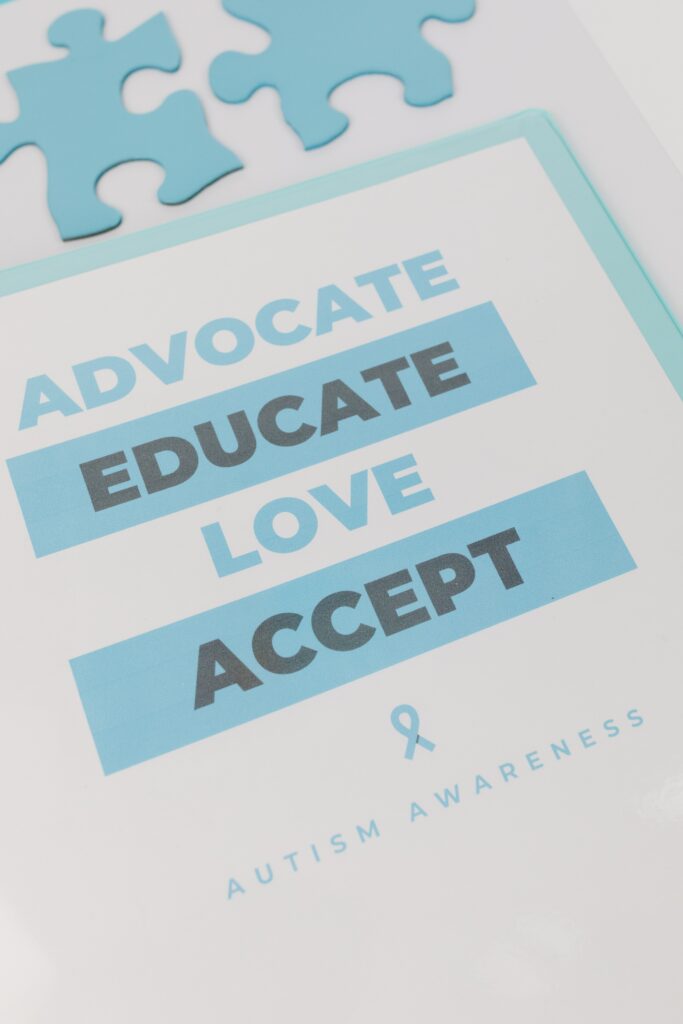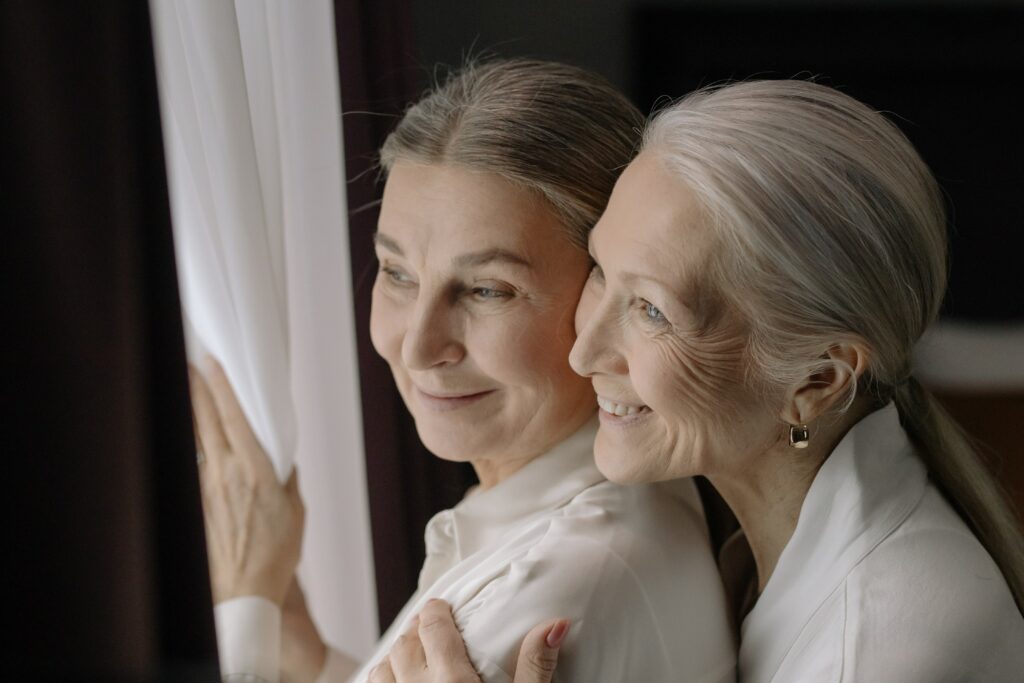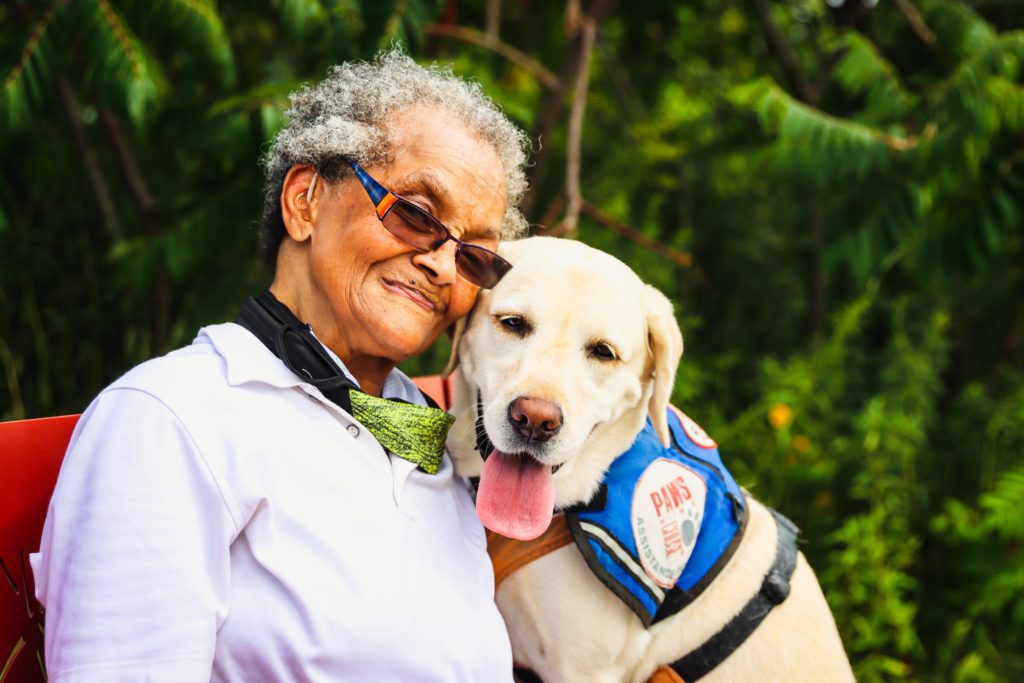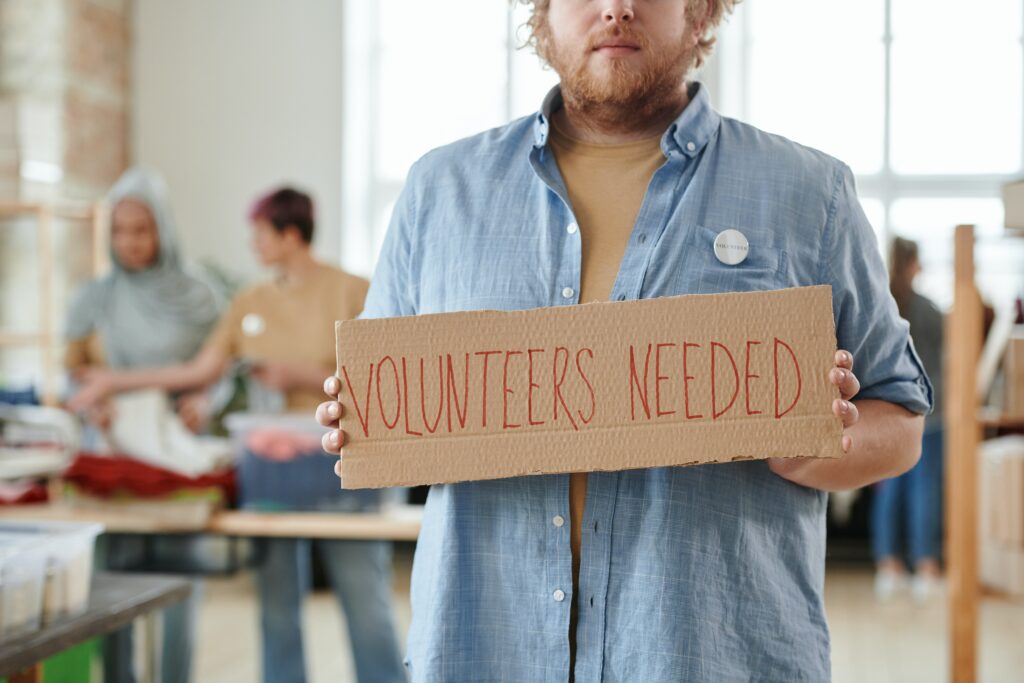Advocacy itself means taking action to help create a change in the lives of others. An advocate works to tackle issues or concerns on behalf of vulnerable people or those that need help to stand on their own. Advocates also organize events or community outreach programs for those in need. They can also offer ways for people to speak up for themselves and make a difference in their lives.
What is Advocacy?
In today’s world, there is a high demand for advocacy for children, young adults, and single parents. However, seniors or older adults need the right care and resources just as much as everyone else. In fact, there are many organizations that do offer advocacy for seniors citizens who need some form of assistance. Below is a list of the top organizations that provide care and resources for seniors who need it most.

National Association of Area Agencies on Aging: here is an organization that focuses on finding specific care for seniors in their local area. They also advocate for seniors to fight against elder abuse and are a national leader of health and wellness for the elderly.
American Society on Aging: They provide tons of free information to seniors and their caregivers. Both community leaders and local companies can also find great resources on the site related to quality care for elders and helpful support services to seniors.
LASPD: The Legal Advocates for Seniors and People with Disabilities (LASPD) has been helping seniors and people with disabilities for over 20 years cope with creditors and debt collectors by providing low-cost services to individuals that need an advocate on their side. They also protect those who are being harassed and threatened by creditors, as well as focusing on social security disability claims.
AARP: AARP is one of the nation’s largest organization that provides several benefits to seniors over 50 years old. Some of these benefits include money-saving discounts, resources for doing your taxes, and awareness of frauds and scams that focus on the elderly. On the website, seniors can also learn about social security guidelines, education options for seniors, and even play games to keep the mind active as you age. Seniors can also learn about money management and how to live well in your retirement years.
National Center on Elder Abuse: The NCEA offers many resources for senior citizens. These include providing resources and education information on neglect, exploitation, and elder abuse to seniors and individuals caring for elderly parents. Established in 1988 by the U.S. Administration on Aging (AoA), the NCEA is one of 27 Administration on Aging-funded Resource Centers.
Justice in Aging: Another legal advocacy organization for seniors is the Justice for Aging, which helps older adults fight against poverty among senior citizens by providing legal representation and affordable healthcare. They also offer help with paying for food, medicine, so seniors can have their basic needs met. They represent all types of individuals, such as people of color, immigrants, and the like.
National Council on Aging: The NCOA is an organization providing educational resources to seniors on aging and tools that can help them improve their lives and maintain their wellbeing and independence. When someone subscribes to the NCOA, they are making a difference in a senior’s life and help them to advocate for programs, benefits, and services geared to older adults.
How do you become an advocate?
There are many ways to become an advocate. Some people will use campaigning as a tool to advocate for a specific cause. Others organize social media events or demonstrations to create change throughout a community or neighborhood that needs a positive outcome among its residents. However, one of the main purposes for advocacy is to enable or persuade others to stand up for the ones that can’t on their own, including speaking to the hearts and minds of those who have the ability to help make the positive change a reality.
Senior Assistance Programs
Other than advocacy organizations there are also several senior assistance programs that work to assist senior citizens with every day care and needs. Here is a small list of these assistance programs that many seniors take advantage of each and every year.
Meals on Wheels America (MWA)

Meals on Wheels America has been around for decades, working to provide seniors and individuals who are disabled for years. MWA supports more than 5,000 community-based programs throughout the nation and is dedicated to fight against senior isolation and hunger by serving American communities. They have over two million volunteers and staff members, working hard to deliver nutritious meals, visitation checkups, and empowering communities, one individual at a time. Meals on Wheels America also offers elderly safety checks for loved ones that are concerned for their older parent that live alone. Their focus has always been on keeping seniors and the disabled safe and nourished in every American community. The MWA is always looking for more volunteers that desire to make a difference in the lives of senior citizens. To join and become a member, click this link to learn about becoming an advocate for the elderly.
Senior Medicare Patrol
Another senior assistance program that benefits the elderly is the Senior Medicare Patrol. It is designed to empower and assist Medicare beneficiaries, including their families and their caregivers by preventing and reporting health care fraud, abuse, and errors in the system. Even though seniors do have a right to report any fraudulent activities to the Office of Inspector General(OIG) hotline, many older adults choose to contact the SMP first. If seniors or individuals do suspect, detect, or recognize any events of fraud, in relation to healthcare, they should contact the SMP immediately. Their hotline number is (877) 808-2468.
Alzheimer’s Foundation of America (AFA)
Seniors can also contact the Alzheimer’s Foundation of America (AFA) for advocacy help. This organization was established in 2002 and provides plenty of support and resources for the elderly, caregivers, and their loved ones. They supply a variety of educational tools and information for those suffering from Alzheimer’s disease, including caregiving classes, group sessions, and the latest research on Alheimers and dementia. Contact the AFA to sign up for a webinar to learn more about this debilitating disease. If you seek assistance, their hotline is 866-232-8484.
National Hispanic Council on Aging (NHCOA)
Next is an advocacy organization that focuses on those of hispanic descent. The National Hispanic Council on Aging(NHCOA) has been helping seniors for over four decades. The organization provides programs that help both the caregiver and older adults on subjects such as healthcare, social justice, and academic achievements for hispanic seniors. The NHCOA also works to empower seniors and family members within their communities with program initiatives that benefit the quality of life for all hispanics. The organization also works closely with healthcare providers, local health departments, and academic institutions to best serve their community.

Services & Advocacy for Gay, Lesbian, Bisexual & Transgender Elders (SAGE)
SAGE, which stands for Services & Advocacy for Gay, Lesbian, Bisexual & Transgender Elders, has been working to assist elderly seniors for over 40 years. They work alongside the LGBT movement and other civil rights agencies to ensure that all LGBT senior people get the respect and dignity they deserve. The organization promotes advocacy, and providing services and support to older members of the LGBT community. If any LGBT senior needs help, call the SAGE Hotline at 877-360-LGBT.
Honor Flight Network (HFN)
Established in 2005, the Honor Flight Network provides all vets from any branch a chance for closure from the war they were in. The round-trip flight is completely free for all veterans through the help of Heroes Welcome, a participate party through HFN. HFN has flown thousands of veterans to Washington, DC since its beginning. By providing this opportunity to vets, it brings all veterans together, both men and women; to spend a day with each other and exploring Washington DC to commemorate their war. The HFN also escorts vets around the city while visiting Washington, DC.
Pets for the Elderly (PFE)

The Pets for the Elderly Foundation is a nonprofit organization that helps seniors (60 and over) to adopt either a companion dog or cat from their local animal shelter. As of recent, the PFE works with over 50 shelters in 31 states. The PFE will cover pre-adoption veterinary exams and spay/neuter of the animal, if part of the adoption fee and process. By helping with the pet ownership process, the PFE is saving the lives of companion animals throughout shelters nationwide. Many of these animals might otherwise be put down for lack of appropriate homes or space. The animal shelter must be a participating member of PFE.
Volunteering Organizations for Seniors
As seniors head into retirement, they look for another sense of purpose to life than they had during their working years. Volunteering can give them that purpose. Especially for those in their fifties and sixties that still have much mobility than those later in life. Some organizations are created for seniors that want to volunteer their time and talent, instead of just sitting back and retiring. Here are three organizations that assist seniors with volunteer involvement, whether from retiring from working, getting involved with their local community, or just need a hobby in their later years.

Projects Abroad: This organization finds volunteering opportunities overseas for those 55 and up. Seniors are chosen by their own skillset and work experience to fill the volunteer position needed in certain foreign countries.
Corporation for National & Community Services: This organization for seniors helps find volunteering positions in their own communities and local towns. It is endorsed through the Senior Corps, a subsidiary of AmeriCorps. Seniors must be 55 and older to volunteer through the organization.
Volunteer Match: This organization is unique in that it will work hard to provide senior volunteers with the right “Match” of where to volunteer and what they desire to do as a volunteer. Whether it be working at animal shelters, providing care to children, or finding hobby-inspired opportunities for volunteer purposes. The organization can also find volunteer opportunities through local community outreaches. Choosing Volunteer Match can also help seniors build better relationships with friends and family.
Advocacy organizations have been around for decades. As we shared in this article, there are many types of advocacy organizations. Some are for the elderly themselves, while other are for children and young adults. There are even some that focus on animals alone. Organizations can be completely nonprofit run or privately funded, while others are organized through state and federal government agencies. Many advocacy organizations offer other services, such as help for the disabled.
Both aging and disability networks work alongside government organizations and government funded programs to advocate for seniors and their loved ones. They may also work with national companies and local companies to help find exactly what seniors need or looking for. Seniors should check with their local or national organizations to find the right services they specifically need. Some national organizations may also screen or rate their local companies on the basis of care or services they offer to seniors.
When looking for help, consider these topics for a resource in your search:
- Elder abuse and rights both on a person-by-person basis or as a voting group.
- Finding ElderCare
- Finding Resources for Seniors, such as food, medicines, and more; which can help keep seniors in their homes with a higher quality of living, dignity, and respect.
- National Politics and Senior Rights
Final thoughts
There are many ways to find advocacy help by using the internet. Some seniors can easily use the web to locate what they need, while others may need assistance. Having a loved one or caregiver you can trust is always smart thinking. Some seniors are more vulnerable online than others. Hackers are known to take advantage of seniors. Those that are looking for assistance for advocacy should focus their search on legitimate sites, such as .edu, .org, or .gov. So stay safe while searching on the web.